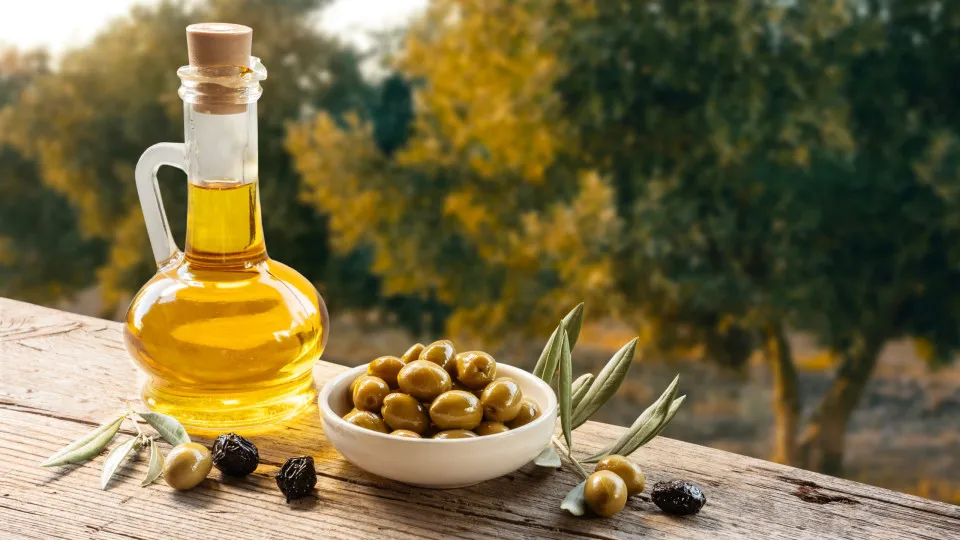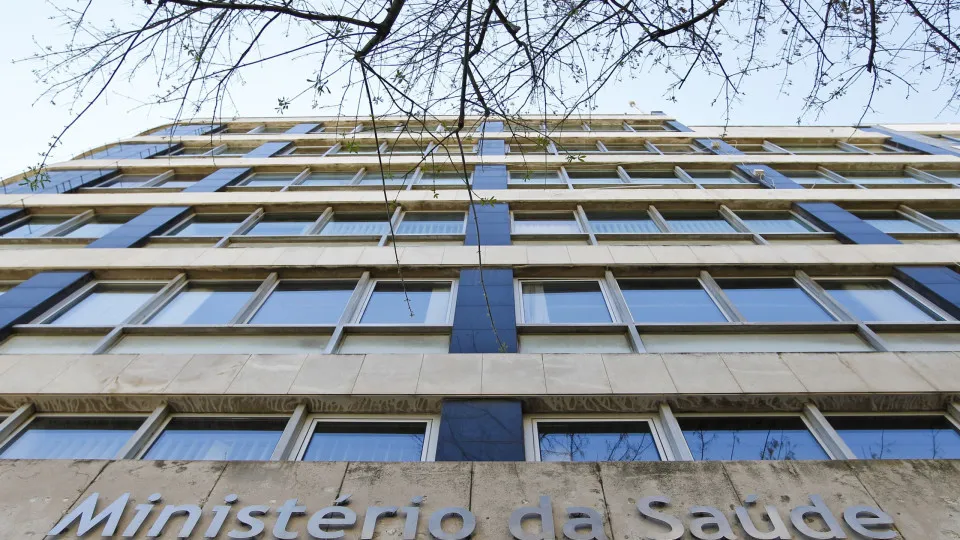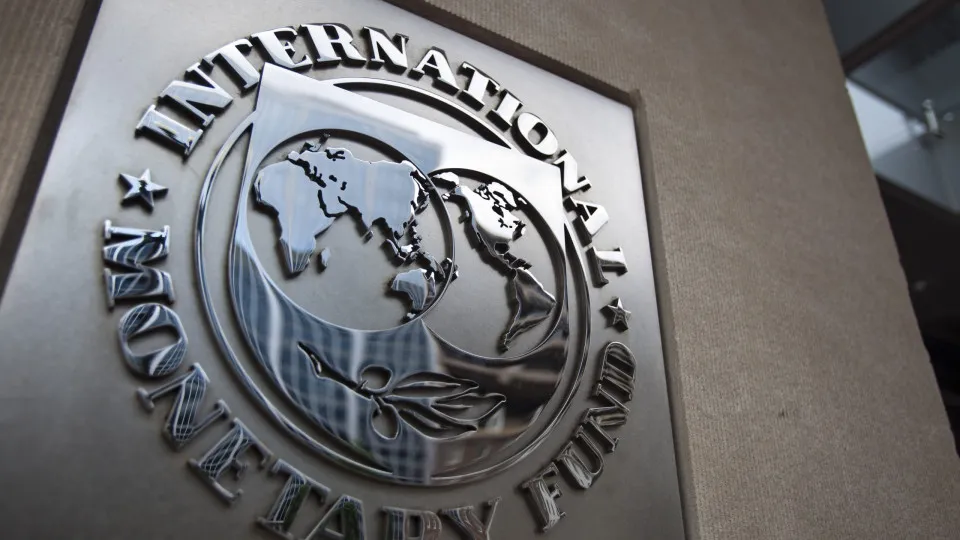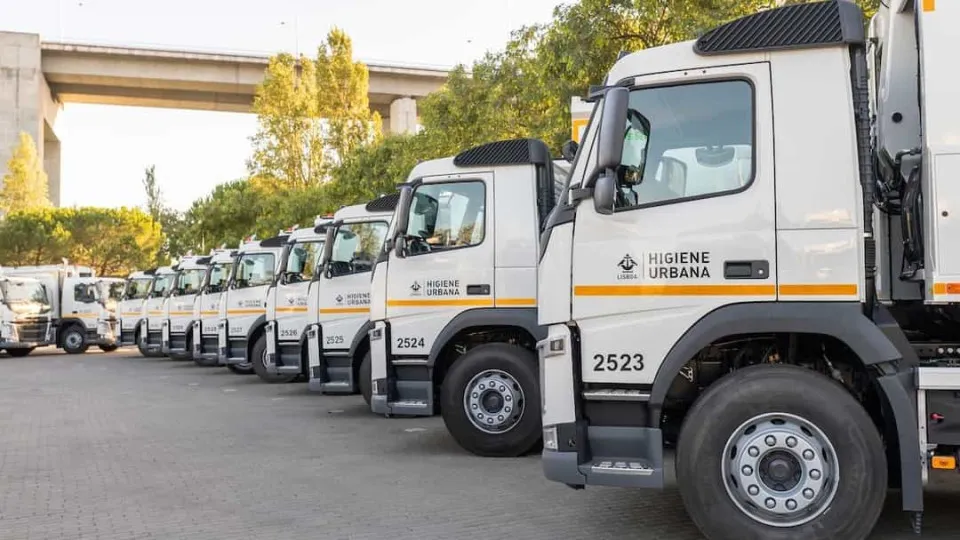
The Olivum – Associação de Olivicultores e Lagares de Portugal, based in Beja, announced in a statement that at the start of the 2025/2026 olive oil campaign, national olive oil production is expected to be between 160,000 and 170,000 tons.
This is a figure close to that of the previous campaign, noted the association, which represents over 53,000 hectares of olive groves in the country, 21 mills, and about 70% of the national olive oil production.
In the previous campaign, Olivum’s estimates in October projected national production to be between 170,000 and 180,000 tons of olive oil. In January of this year, the executive director, Susana Sassetti, clarified to Lusa that the country would produce around 170,000 tons.
In today’s statement, the organization also indicated that its associated mills expect to receive around 850 million kilos of olives, which should produce approximately 115,000 tons of olive oil, a volume indicating figures in line with the last campaign, possibly with a slight reduction.
“Given the weight our members have in the sector, we foresee a slight decrease in national production for the current campaign,” highlighted Olivum’s executive director.
According to Susana Sassetti, even though this is a “bountiful year with new plantations coming into production, the effects of adverse and extreme weather conditions may once again affect yields, as happened last year.”
However, the director, who stated to Lusa today that the olive harvest campaign started at the beginning of the month and that some mills have begun processing, expressed optimism on the part of the association.
“We remain confident in the quality of Portuguese olive oil and believe production will continue to grow in the coming years, thanks to new olive groves coming into production,” she said, emphasizing that “Portugal thus maintains its position among the world’s largest producers.”
Olivum also stated it is “strongly committed to monitoring and promoting solutions that help mitigate the effects of climate change and extreme phenomena,” and highlighted 2025 as a year of “special significance.”
It is this year, the association noted, that the launch of certification in the Olive Oil Sustainability Program will take place, “which will soon allow the market entry of the first olive oil certified with a sustainability seal,” the statement reads.
To Lusa, Susana Sassetti did not wish to ‘reveal’ details about the certification of this first sustainable seal olive oil but hinted that it will “probably be launched in November.”




